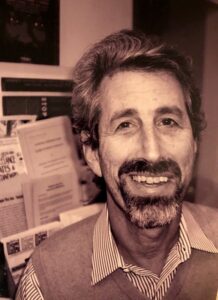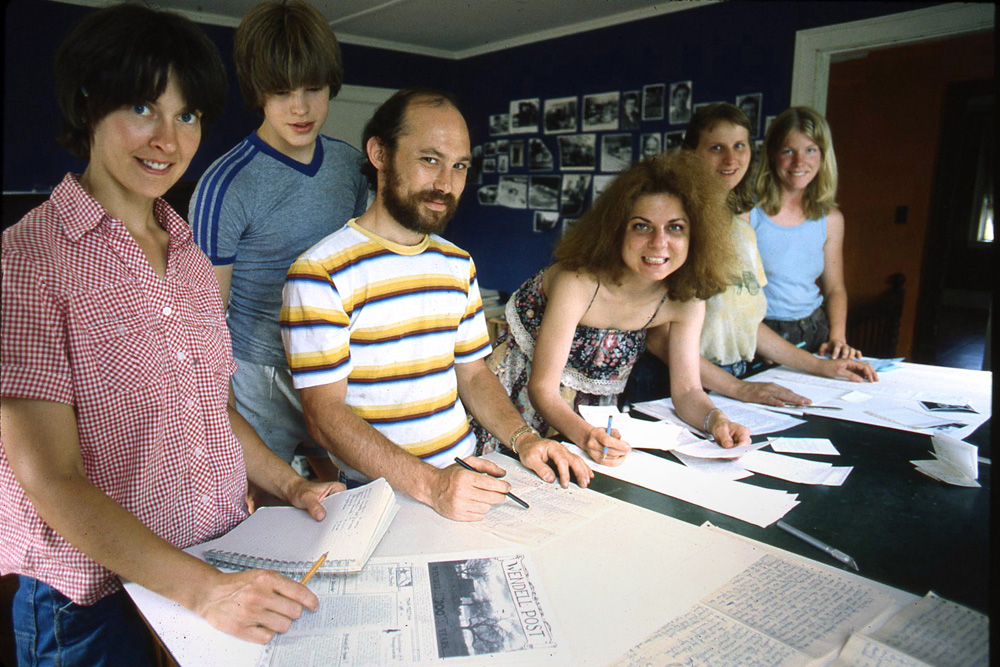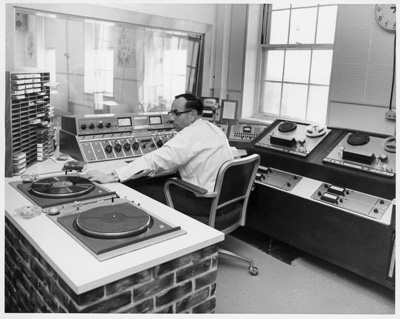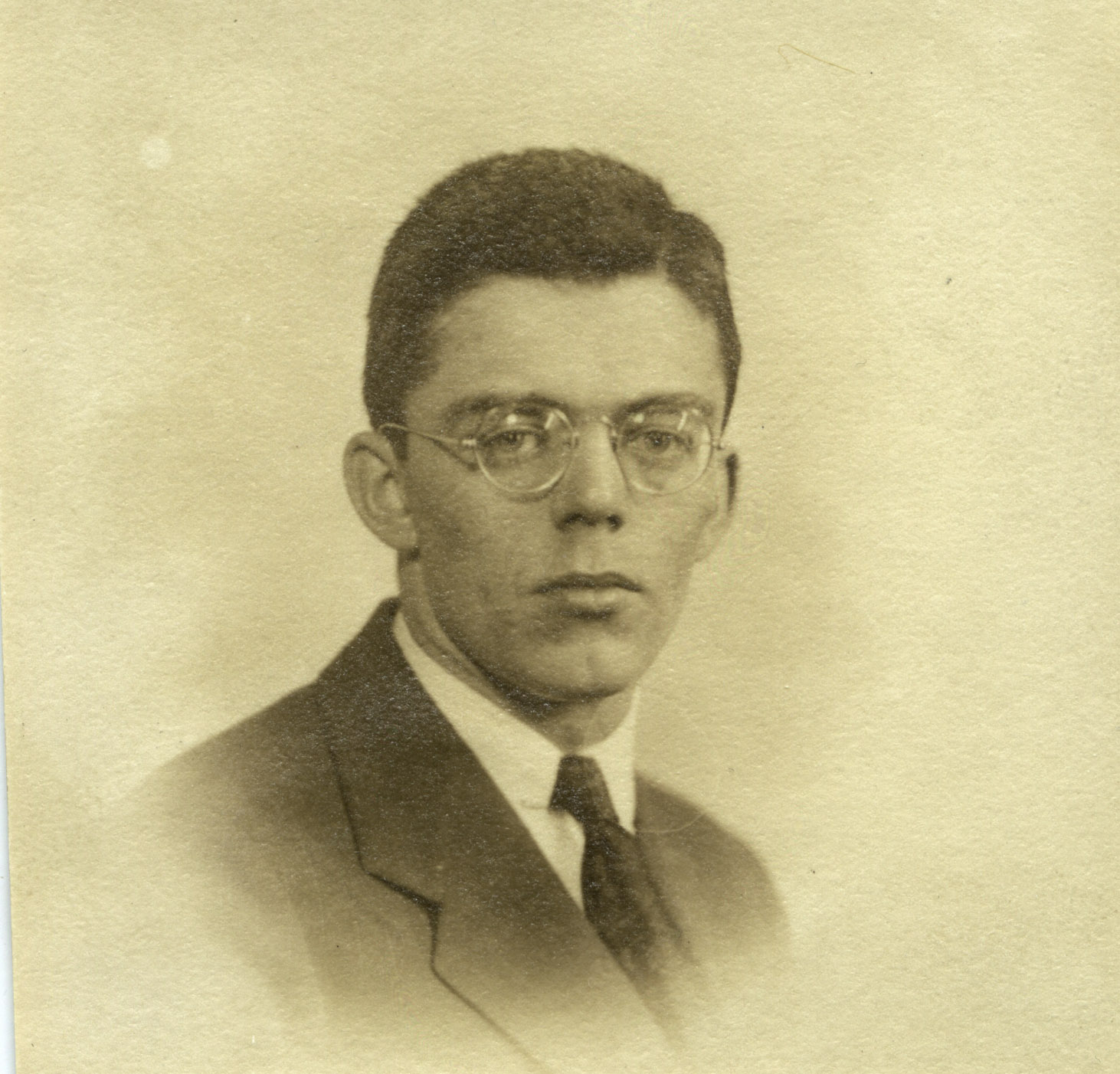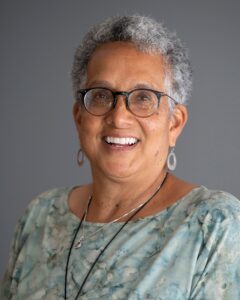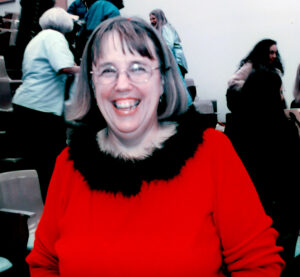Al Weinrub Papers
A physicist turned science, labor, social justice, and environmental activist, Al Weinrub pushed boundaries to fight injustices within the United States and abroad. The causes that he supported were intertwined, all advocating for the rights of individuals and often centered on the rights of the worker. Weinrub’s contribution to the founding of the radical, anti-imperialist organization Science for the People (SftP) was the start of a lifetime of involvement in grassroots organizations and social causes. Following five years of editing SftP’s magazine and a move across the country, he became a voice for labor’s role in the fight against U.S.-Central American intervention, took part in Jesse Jackson’s Rainbow Coalition, acted as First Vice President of the National Writers Union, and was coordinator for the Local Clean Energy Alliance (LCEA) and California Alliance for Community Energy (CACE). Weinrub’s activism spanned labor, women’s rights, anti-militarism and nuclear disarmament, anti-racism, and climate justice. He investigated internal discrimination within these groups and promoted diversity efforts to democratize the causes he supported.
The collection spans over sixty years of material created and collected by Weinrub. It contains ephemera from the early years of Science for the People, course material from his studies and teaching, research and photographs on Central and Latin America, internal organizational documents from the groups he founded and of which he was a member, personal political archives of the 1970s through 1990s, and materials relating to energy and climate activism.


